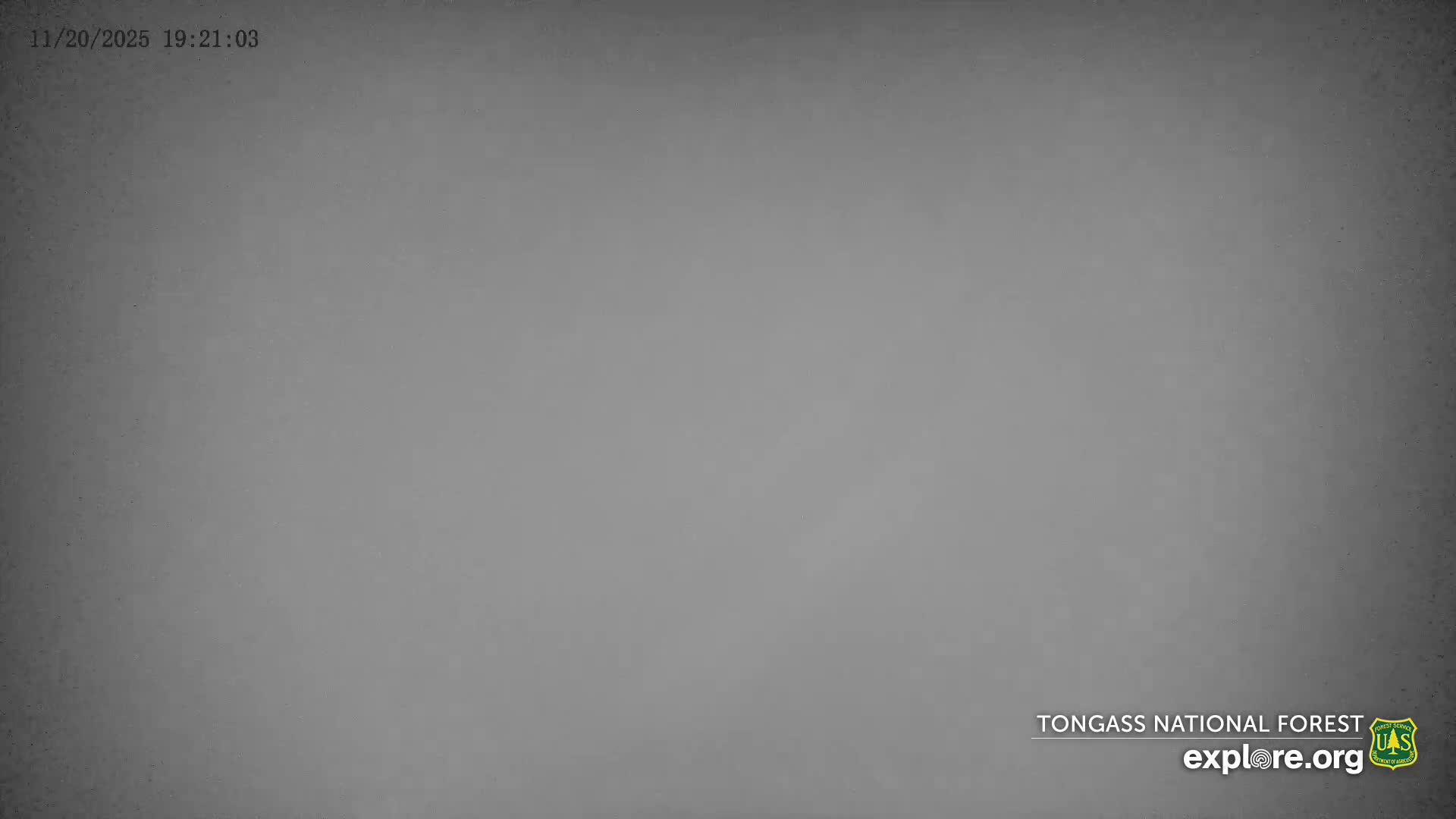US Coast Guard Firmly Bans Hate Symbols After "Potentially Divisive" Policy Outcry
The U.S. Coast Guard has implemented a robust new policy unequivocally prohibiting hate symbols such as swastikas and nooses. This rapid reversal came just hours after an earlier, more lenient proposal describing these symbols as "potentially divisive" sparked widespread outrage. The swift change underscores the sensitivity surrounding such imagery within the armed forces and the public sphere.
The Controversial "Potentially Divisive" Stance
Initially, media reports, notably from The Washington Post, revealed an internal Coast Guard document from earlier this month that characterized symbols like swastikas and nooses merely as "potentially divisive." This language marked a significant departure from a 2019 policy that explicitly labeled them as "widely identified with oppression or hatred" and their display as a "potential hate incident." The proposed shift immediately drew sharp criticism from lawmakers and advocacy groups, who argued it would dilute essential protections against bigotry.
Swift Reversal and Unambiguous Ban
In response to the public outcry, the Coast Guard moved swiftly, issuing a new directive late Thursday that declared, "Divisive or hate symbols and flags are prohibited." The policy explicitly lists "a noose, a swastika, and any symbols or flags co-opted or adopted by hate-based groups" under this ban. An accompanying press release emphasized that this was "not an updated policy but a new policy to combat any misinformation and double down that the U.S. Coast Guard forbids these symbols," suggesting an immediate need to correct public perception.
Broader Scope of the New Policy
Unlike the earlier proposed version, which offered commanders discretion to remove symbols from public view and did not apply to private spaces like family housing, the latest policy imposes an unequivocal ban on all divisive or hate symbols across all Coast Guard locations. Both the initial and final policies maintained the long-standing prohibition on displaying the Confederate flag, except in specific educational or historical contexts.
Political and Community Reactions
The controversy prompted strong reactions from various stakeholders. Senator Jacky Rosen (D-Nevada) voiced concerns that the initial change would "roll back important protections against bigotry" and potentially permit "horrifically hateful symbols." She warned that relaxing anti-hate policies sends a dangerous message, especially amidst rising antisemitism.
Admiral Kevin Lunday, acting commandant of the Coast Guard, clarified earlier on Thursday that claims of rolling back prohibitions were "categorically false," asserting that such symbols "have been and remain prohibited in the Coast Guard per policy." He stressed that any display, use, or promotion of these symbols would be "thoroughly investigated and severely punished." This statement, however, preceded the definitive policy rollout that explicitly banned the symbols.
Legal and community leaders also weighed in. Menachem Rosensaft, a Cornell University law professor and Jewish community leader, condemned the idea of reclassifying the swastika as merely "potentially divisive," equating it to dismissing the KKK’s burning crosses. Senate Democratic leader Chuck Schumer called the initial move "disgusting."
Context and Future Implications
The broader context includes a recent review ordered by Defense Secretary Pete Hegseth of all hazing, bullying, and harassment definitions across the military. Hegseth argued that existing policies were "overly broad" and potentially "jeopardizing combat readiness." While the Pentagon hasn't detailed the review's scope or potential impact on other services, the Coast Guard's rapid policy adjustment highlights ongoing scrutiny of military conduct and symbol regulations.
The Coast Guard, operating under the Department of Homeland Security but part of the U.S. armed forces, often aligns its human resources policies with Pentagon directives. This latest policy update appears to reflect a drive for consistency while also responding to urgent public and political pressure to maintain a strong stance against hate.







